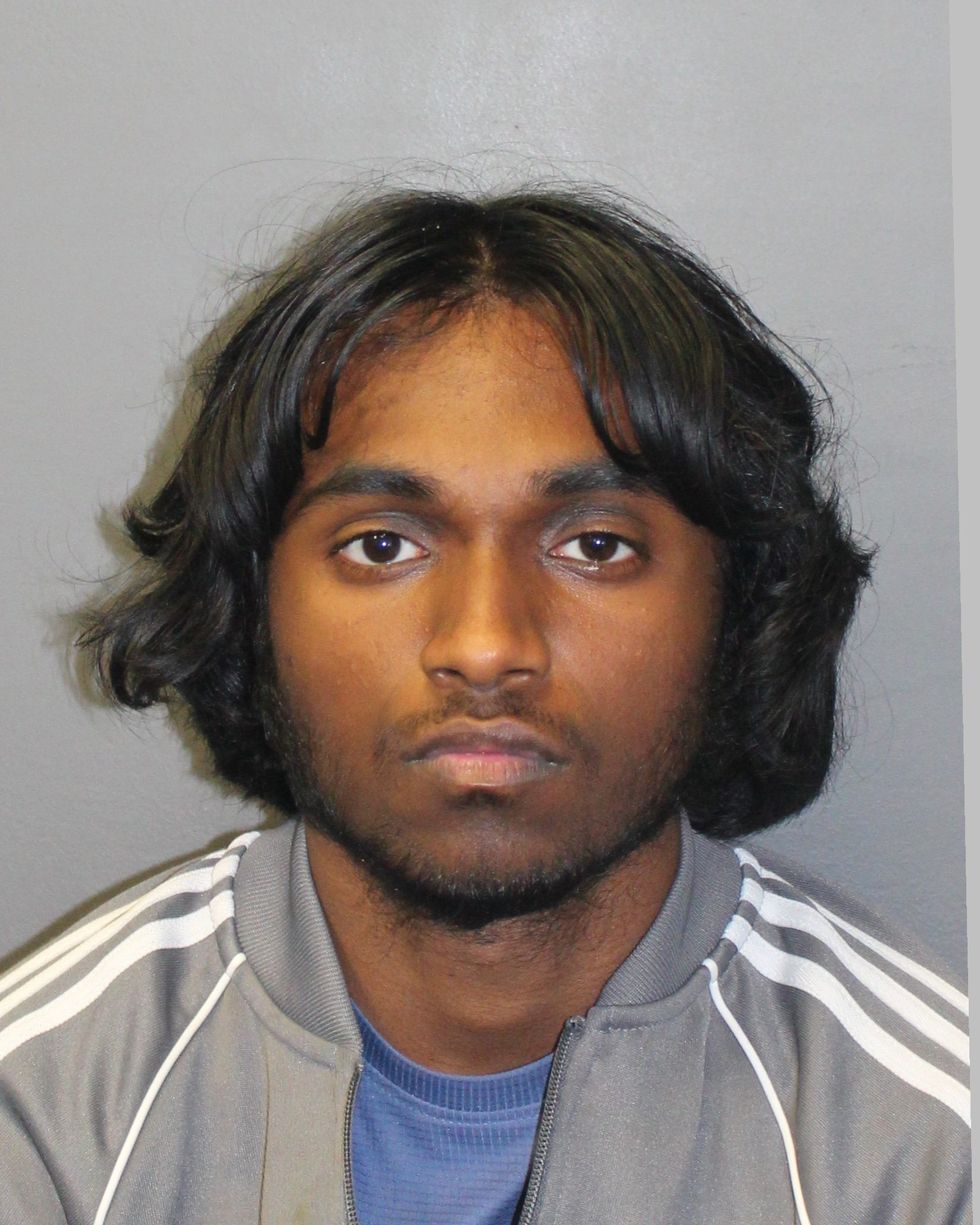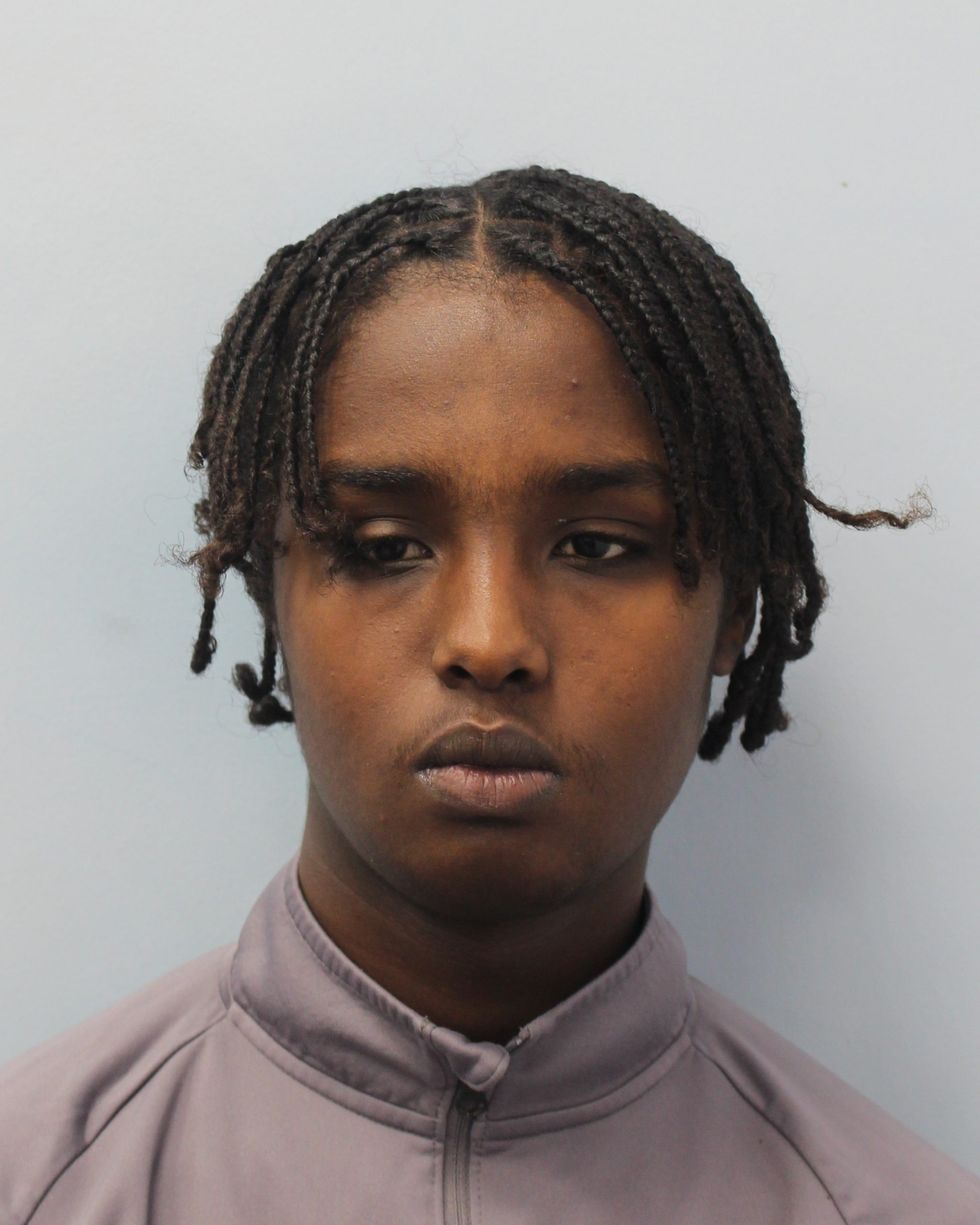Two teenagers have been sentenced to life in jail after they were found guilty of killing a 16-year-old boy who they mistakenly thought belonged to a rival gang.
Vanushan Balakrishnan of Waylands and Ilyas Suleiman of St Jeromes Grove, Hillingdon, both 18-year-old, were sentenced at the Old Bailey on Wednesday (10) for the murder of Rishmeet Singh, the Met Police said in a statement.
Balakrishnan was sentenced to serve a minimum of 24 years. Suleiman was told he must serve at least 21 years, with both having their jail time reduced for the time they have already been in custody.
They were both found guilty of murder in March at the Old Bailey.
The court heard that the attackers stabbed Singh 15 times after chasing him through a park in Southall, west London, on the evening of November 24 2021.
The victim came to the UK in October 2019 with his mother and grandmother to seek asylum from Jalalabad in Afghanistan.

His father was killed by the Taliban six months prior to that, and shortly after they tried to kidnap Singh, forcing the family to flee to the UK.
In a statement, his mother Gulinder said: “Rishmeet was my only child, and he had his whole life ahead of him. No words could ever explain or put into context how I have felt since Rishmeet was taken from us. He has been raised with so much love and now he’s gone. I am struggling to understand as to how and why this happened to my baby boy. I feel I have lost everything and my life is over.
“I will never get over losing him in this way. I have been robbed of so many future events."

She added that her son was attending college completing a Public Service course and his ambition was to become a police officer, and all he wanted to do was to help people.
"He was well loved by all that knew him, he was a faithful boy and was very caring in his nature," she further said.
“I have lost my husband and now I have lost my only child, my son. Justice is finally served for Rishmeet but their sentence will never be enough for me. They have taken my whole life away from me and Rishmeet will never come home again.”
On the day of the attack, Balakrishnan and Suleiman had set out armed with a 1m-long (3ft) machete and a Rambo knife, the court heard.
Singh, who had spent the evening with friends in a park and was heading home, saw them running towards him and ran back towards his friends to warn them. But he tripped and fell in Raleigh Road, where he was stabbed in an attack lasting 27 seconds.
His attackers then fled, leaving his bloodied and injured body on the ground.
Balakrishnan was arrested on suspicion of murder at his home address on 2 December 2021. According to police, Suleiman had gone into hiding as he knew he was wanted for Singh's murder.
He was eventually arrested at an address in Edgware on 9 December 2021.
After pleading guilty to intentionally causing severe physical harm, Balakrishnan was sentenced for his involvement in an assault on a fellow inmate during his time in custody. The incident, which occurred in July last year, resulted in the victim suffering significant brain damage.
"There is never an excuse to murder someone in cold blood, but this case is made even more tragic by the fact that Rishmeet was wrongly targeted by his attackers," said Laura Semple, detective inspector from the Met’s Specialist Crime Command.
"My thoughts remain with Rishmeet’s family and friends, who have shown extraordinary courage throughout, including during the trial where they were forced to re-live Rishmeet’s horrific last moments."














